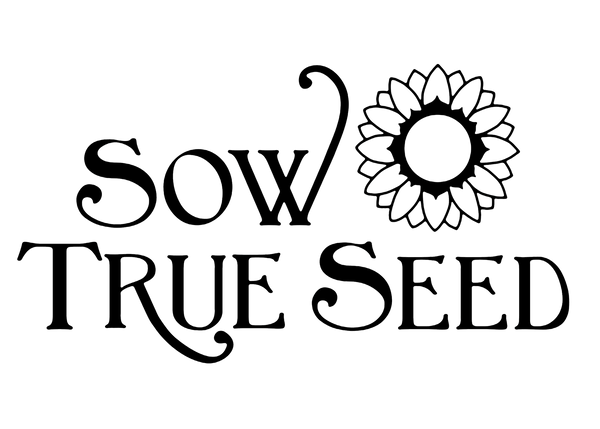What do you want to grow?
- Tomatoes
- Squash
- Beans
- Asparagus
- Broccoli
- Lettuce
- Beets
- Carrots
- Cabbage
What USDA Zone are you in?
- Zone 10
- Zone 9
- Zone 8
- Zone 7
- Zone 6
- Zone 5
- Lookup your USDA zone
Monthly Garden Chores
- January
- February
- March
- April
- May
- June
- July
- August
- September
- October
- November
- December
Garden Blog
Annuals, Perennials, & Biennials: A Definition Guide
Knowing what the life cycle of the plant you want to put in your garden is critical for garden planting. Putting perennials in the middle of your annual vegetable beds could be a frustrating thing when it comes time to clean up your beds. And what if you need to till? Having to work around that asparagus you put in the middle of the row of the middle of the garden would be pretty silly. Knowing what you have means you can plan to plant for optimum efficiency, and the least amount of waste.
Seed Saver's Glossary
Where are you on your seed saving journey? We feel like the key to success and sticking with it is to keep it manageable, and make sure you are having fun! It will be very hard to convince yourself to keep up with it if you lose sight of the forest for the trees. And we are always here to help!
Open-Pollinated, Heirloom, Hybrid, GMO- A Terminology Guide
Open-pollinated varieties are more genetically diverse and are able to adapt faster to their growing region and specific climate variances. Each open-pollinated variety remains protected in the public domain as the common property of everyone. We believe seeds should be owned by you, your children, and anyone you want to share them with.
Crazy Cardoon! A Garden Wonder
What do cardoons look like? The plants resemble giant artichokes, and indeed the two species are closely related. Cardoon is sometimes called artichoke thistle. Some people say cardoon looks like a cross between celery and burdock. The big purple blooms of cardoon are just like thistles, but unlike regular artichokes, which have the flower buds as the edible part, with cardoons it's the stalks.




